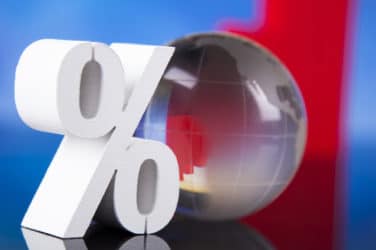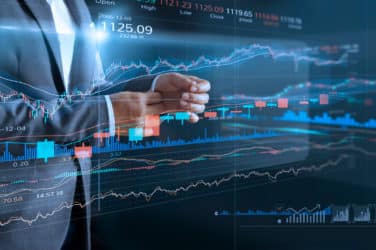The debate over automated trading in the US futures market is getting livelier as agri-business only feels its effects grow.
Portions of the futures market that historically have not experienced the effects of automated trading systems have seen a dramatic increase use of them use increase during the past two years, and farmers, dairy farmers, and ranchers who veiw it as undermining the market’s usefulness, reported the Financial Times.
The FT cited a report that examined the growth of automated trading in various US futures markets during a two-year period from November 1, 2014, to October 31, 2016, and compared it to a similar period between November 12, 2012, and October 31, 2014.
The report’s authors, Richard Haynes, senior research analyst and corresponding author at the CFTC, and John Roberts, senior research analyst at the CFTC, noted that sectors such as dairy, grain/oilseed, livestock experienced a 214%, 126%, and 142% increase in the use of automated trading respectively. Meanwhile, automated trading in equities indexes futures and interest rates futures grew a mere 7.5% and 6.9% over the same period.
As a result of the growth in automated trading, “the speed of markets are more mixed, with many markets not significantly ‘faster,’ relative to the measures that we considered than the earlier periods,” wrote Haynes and Roberts.
Proprietary trading firms and hedge funds might have bit off more than they can chew this time around.
Unlike the securities and investment industry, which spent approximately $95 million on lobbyists in 2016 according to OpenSecrets.org, agri-business spent about $128 million on its lobbyists last year. And when agribusiness is unhappy, the Congress and the CFTC know it.
However, exactly what they can do to rectify the matter remains unclear.
Haynes and Roberts concluded that the automation trends “are likely to continue into the future as market participants adopt and build on technology that automated trading relies on, especially in those future products that currently have relatively low automation levels.”
Depending on the overall impact automated trading has on commodity products, Congress could pass legislation akin to the 1958 Onion Futures Act, which made it illegal to sell futures on onions after traders Vince Kosuga and Sam Siegel cornered and then crashed the onion market.
It would be harsh medicine for the market, but at least it is a precedent.






